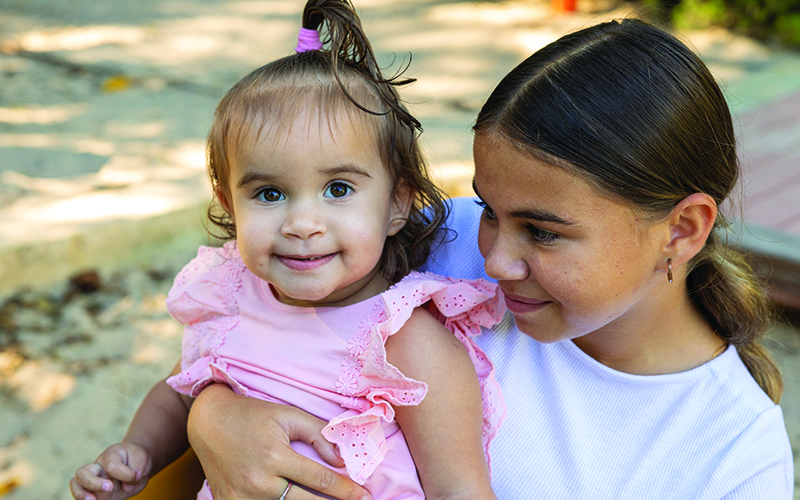Search
Research
The role of children in transmission of SARS-CoV-2 variants of concern within households: an updated systematic review and meta-analysis, as at 30 June 2022Meta-analyses and single-site studies have established that children are less infectious than adults within a household when positive for ancestral SARS-CoV-2. In addition, children appear less susceptible to infection when exposed to ancestral SARS-CoV-2 within a household. The emergence of SARS-CoV-2 variants of concern (VOC) has been associated with an increased number of paediatric infections worldwide.
Research
Development of a sustained release implant of benzathine penicillin G for secondary prophylaxis of rheumatic heart diseaseRegular intramuscular (i.m.) benzathine penicillin G (BPG) injections have been the cornerstone of rheumatic heart disease (RHD) secondary prophylaxis since the 1950s. Patient adherence to IM BPG is poor, largely due to pain, the need for regular injections every 3-4 weeks and health sector delivery challenges in resource-limited settings. There is an urgent need for new approaches for secondary prophylaxis, such as an implant which could provide sustained penicillin concentrations for more than 6 months.
Research
The risk of intramuscular haematoma is low following injection of benzathine penicillin G in patients receiving concomitant anticoagulant therapyOur local data supports continuing intramuscular injection of BPG in patients with rheumatic heart disease receiving anticoagulant medication

The Penicillin Team are working to accelerate research and clinical trials to improve penicillin formulation and treatment methods, to end RHD.
Research
Piperaquine Pharmacokinetic and Pharmacodynamic Profiles in Healthy Volunteers of Papua New Guinea after Administration of Three-Monthly Doses of Dihydroartemisinin-PiperaquineMass drug administration (MDA) with monthly dihydroartemisinin-piperaquine (DHA-PQP) appears useful in malaria control and elimination strategies. Determining the relationship between consecutive piperaquine phosphate (PQP) exposure and its impact on QT interval prolongation is a key safety consideration for MDA campaigns.
Research
Broad-spectrum in vitro activity of macrophage infectivity potentiator inhibitors against Gram-negative bacteria and Leishmania majorThe macrophage infectivity potentiator (Mip) protein, which belongs to the immunophilin superfamily, is a peptidyl-prolyl cis/trans isomerase (PPIase) enzyme. Mip has been shown to be important for virulence in a wide range of pathogenic microorganisms.
Research
Antimalarials for children with Plasmodium vivax infection: Current status, challenges, and research prioritiesThe aim of this narrative review is to summarise efficacy and pharmacokinetic data for Plasmodium vivax in children. The burden of P. vivax malaria in children continues to remain a significant public health issue, and the need for improved treatment regimens for this vulnerable population is critical.
Research
Centralising Local Aboriginal Language and Culture in Healthy Skin Books on the See Treat Prevent (SToP) Trial in the Kimberley Region of Western Australia: A Process and Impact InquiryLanguage is significant for communicating knowledge across cultures and generations and has the power to attribute meanings and alter our worldviews.
Research
Artemisinin combination therapy at delivery to prevent postpartum malaria: A randomised open-label controlled trialAlthough the incidence of malaria is increased in women in endemic areas after delivery compared to non-pregnant women, no studies have assessed the benefit of presumptive antimalarial treatment given postpartum.
Research
Randomized Trial of BCG Vaccine to Protect against Covid-19 in Health Care WorkersThe bacille Calmette-Guérin (BCG) vaccine has immunomodulatory "off-target" effects that have been hypothesized to protect against coronavirus disease 2019.
